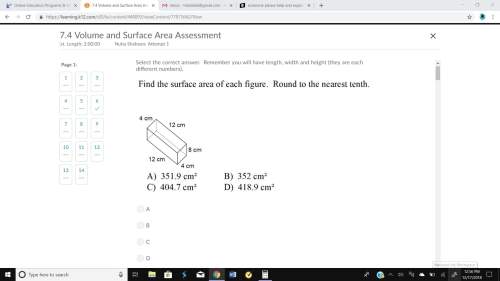
Mathematics, 20.10.2021 14:00 xbeatdroperzx
IQ scores are normally distributed with an average of 100 and a standard deviation of 16. Some research suggests that left-handed individuals have a higher IQ score than right-handed individuals. To test this hypothesis, a researcher randomly selects 132 individuals and finds that their average IQ is 103.2 with a sample standard deviation of 14.6. Using the results from the sample, can you reject the null hypothesis that left-handed people have an IQ of 100 vs. the alternative that they have a higher IQ? What critical value should you choose if the size of the test is 5%?

Answers: 1


Other questions on the subject: Mathematics

Mathematics, 21.06.2019 13:30, tiniecisneros28
There are 20 children in the cast of a class play and 8 of the children are boys of the boys 4 have a speaking part in the play and of the girls 8 do not have a speaking part in the play if a child from the cast of the place chosen at random what is the probability that the child has a speaking part
Answers: 1

Mathematics, 21.06.2019 17:30, andrewjschoon2876
Which equation represents a line that is parallel to the line whose equation is 3x-2y=7( show all work)
Answers: 3

Mathematics, 21.06.2019 21:00, kaylaamberd
What is the value of m in the equation 1/2 m - 3/4n=16 when n=8
Answers: 1

You know the right answer?
IQ scores are normally distributed with an average of 100 and a standard deviation of 16. Some resea...
Questions in other subjects:


Mathematics, 29.06.2019 15:30



Mathematics, 29.06.2019 15:30

History, 29.06.2019 15:30

English, 29.06.2019 15:30

English, 29.06.2019 15:30





